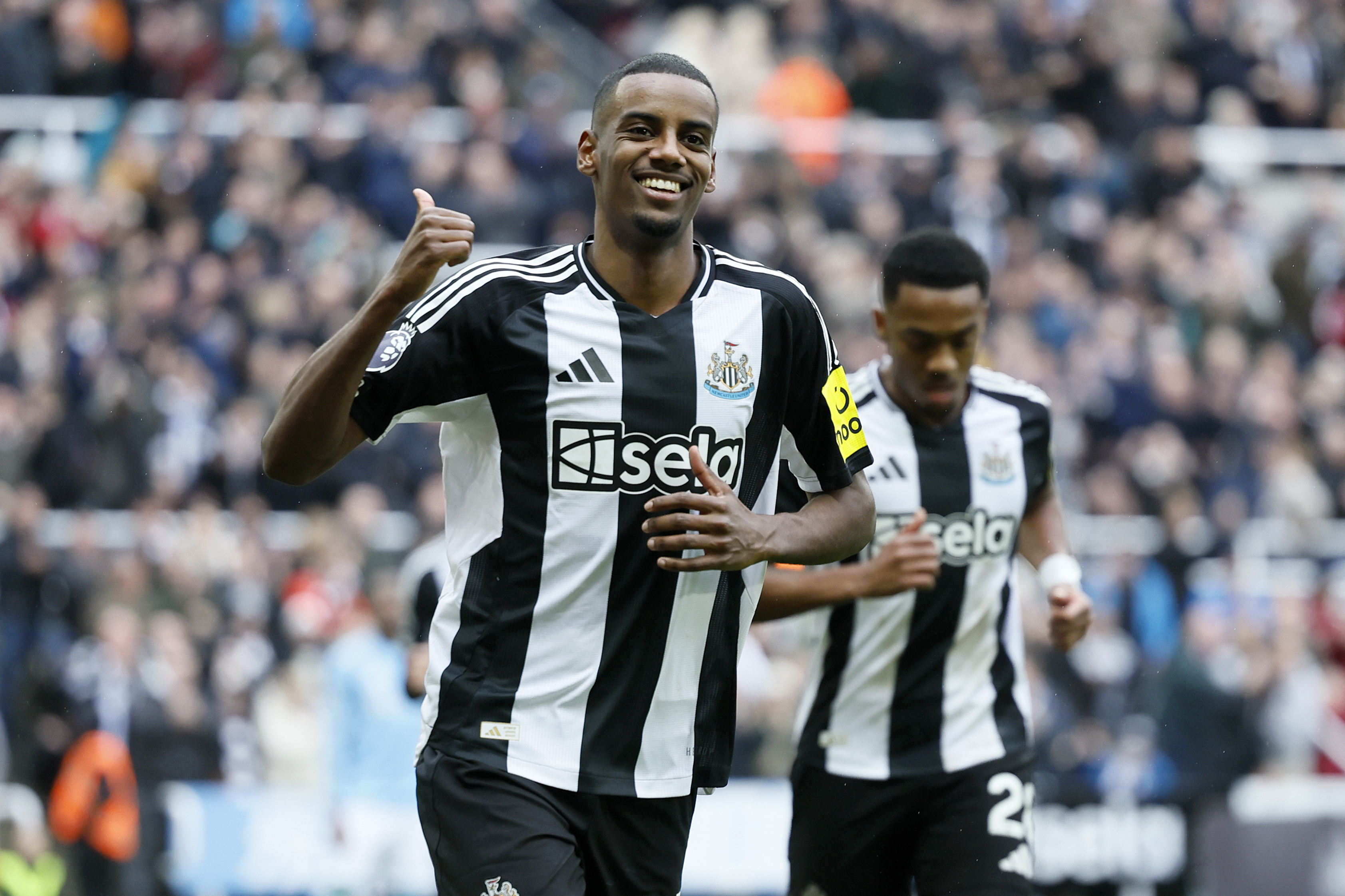Delap, Dons and dirty scoundrels: The best cult teams in Premier League history
Not necessarily the best, but definitely our favourite cult teams from the first 30 years of the Premier League
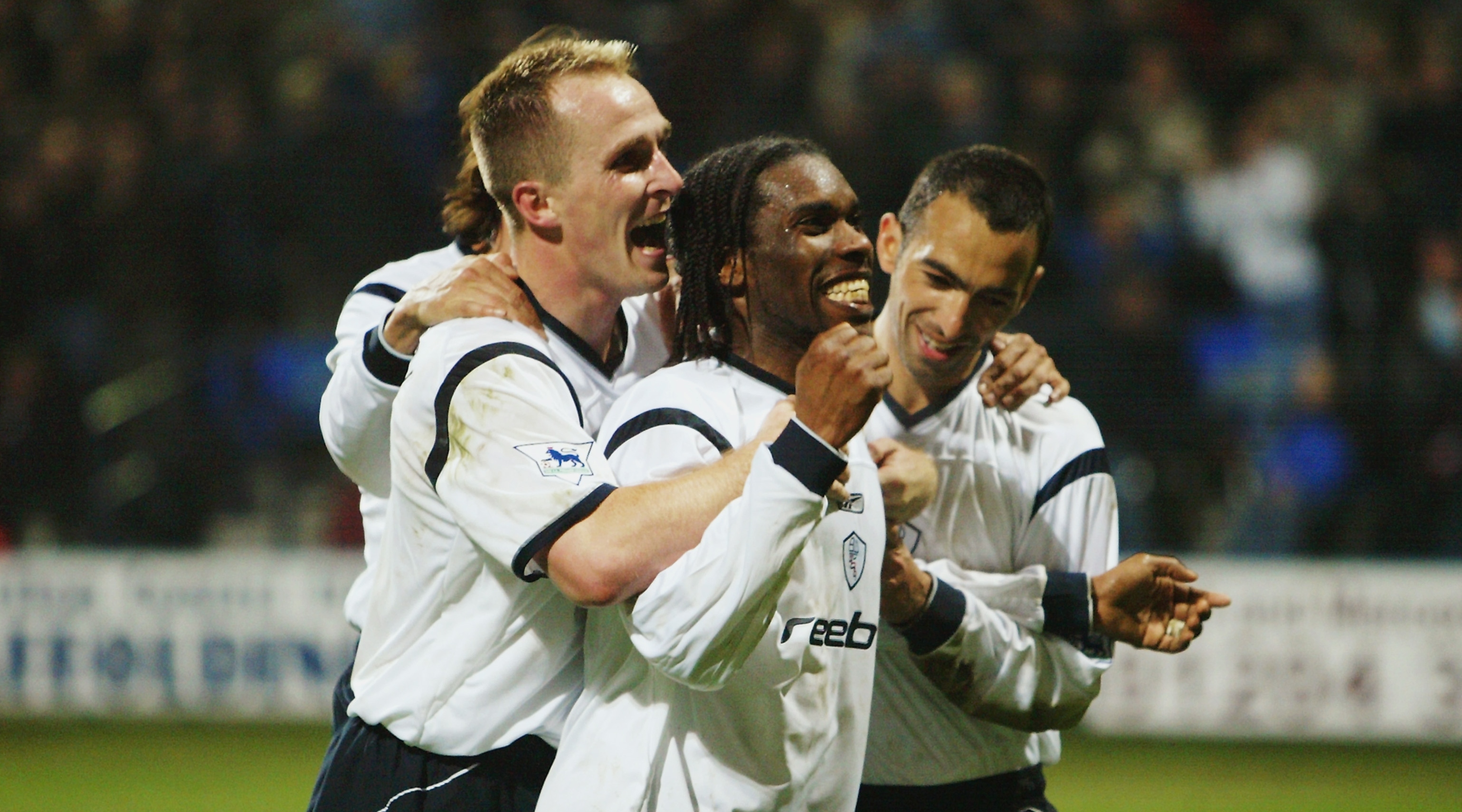
Some teams don’t win anything – but they remain unforgettable. From bright young bucks to ball-lobbing kings, FFT remembers the greatest Premier League cult sides ever...
Blackpool, 2010-11
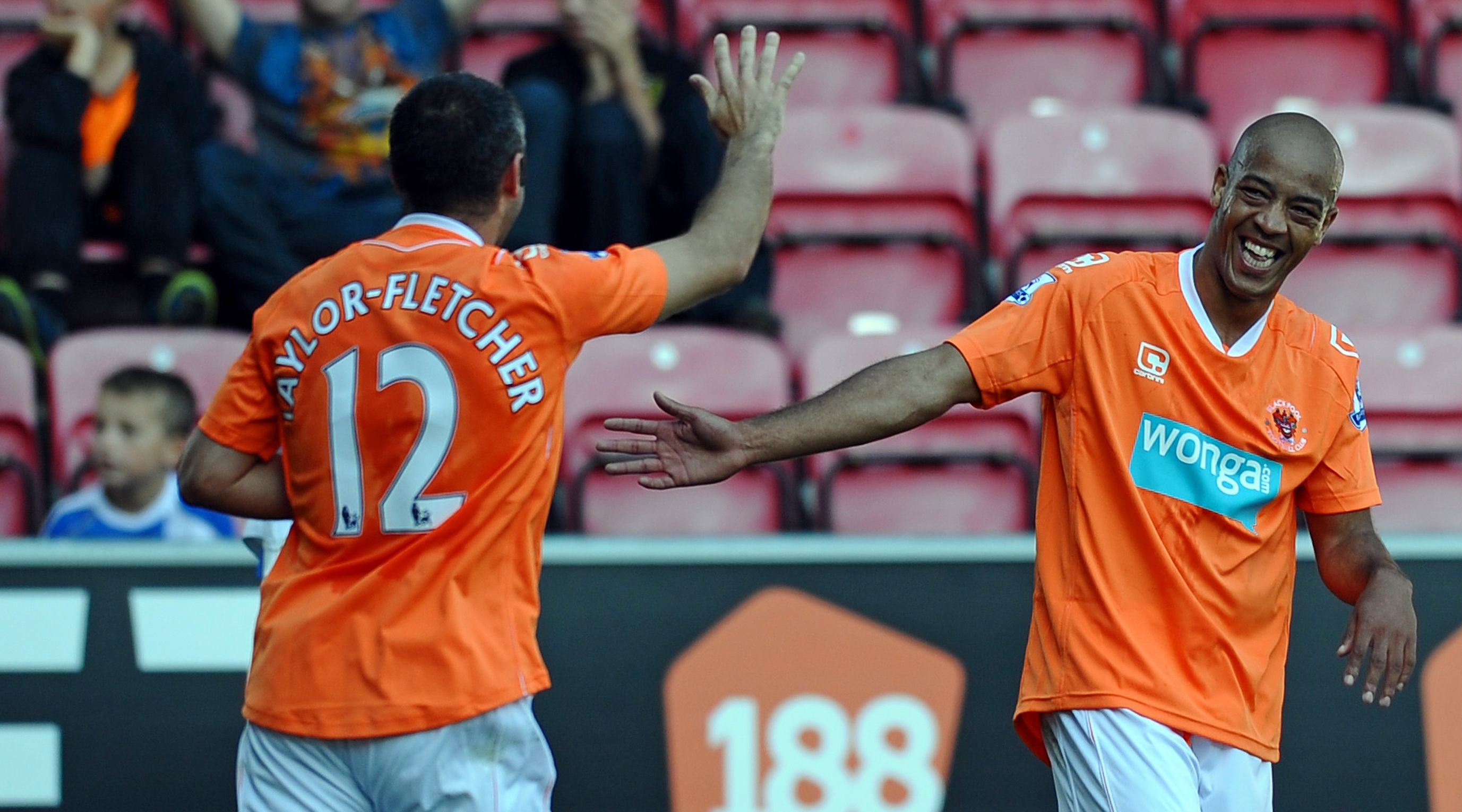
The Premier League’s greatest single-season cameo started humbly: three days before their opening game, Blackpool had only 15 players. They still hadn’t received promotion bonuses. Stadium delays forced them to play away. Ian Holloway recruited five players in one day and watched newly-acquired Marlon Harewood score twice in a 4-0 win at Wigan.
It was an incredible start to an incredible campaign. Blackpool lost their next match 6-0 but never stopped attacking: driven on by Charlie Adam, DJ Campbell and teenage supersub Matt Phillips, the Tangerines netted 55 goals, beating Liverpool twice.
Their two meetings against Manchester United summarised it best of all: leading 2-0 at Bloomfield Road and 2-1 at Old Trafford, Blackpool lost both fixtures. Having spent almost the entire season outside the bottom three, they were relegated with 39 points.
Leeds, 1998-2002
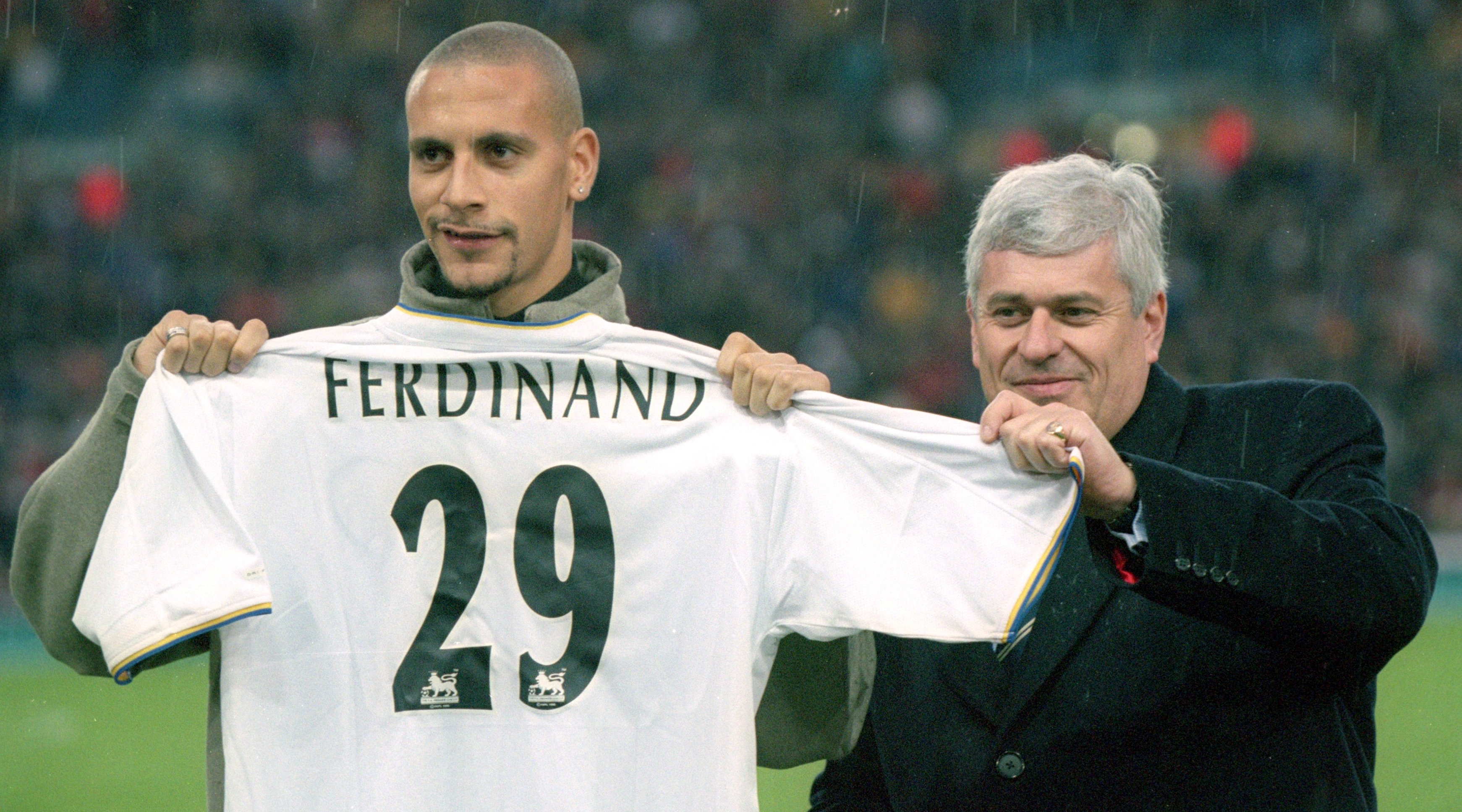
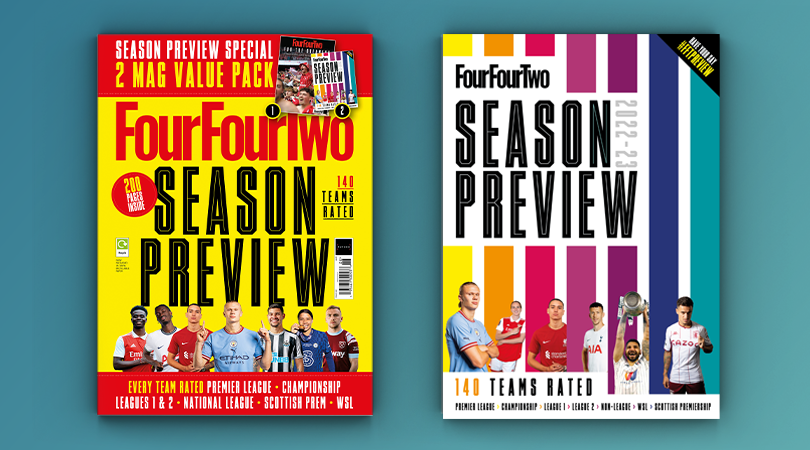
Who bought O’Leary Manager 2000 on the Game Boy Color? No? Maybe you preferred David’s follow-up, Leeds United On Trial: a tell-all book about the assault investigation into two of his star players. Chairman Peter Ridsdale wasn’t a fan, though his rampant overspending brought ‘Doing a Leeds’ into the lexicon, so choose your fighter.
In O’Leary’s first league match as boss, more than half of his XI were under-21s. Two weeks later, Alan Smith (18) scored on his debut at Anfield; then Michael Bridges (21) arrived and bagged 19 league goals in his first season. Buying Rio Ferdinand (22) broke records, but so did selling him two years later.
O’Leary & Sons propelled Leeds to finishes of 4th, 3rd, 4th and 5th, plus the semi-finals of the Champions League and UEFA Cup. The hangover was pretty messy, befitting their Strongbow kit – but what a team.
Get FourFourTwo Newsletter
The best features, fun and footballing quizzes, straight to your inbox every week.
Bolton, 2001-2007
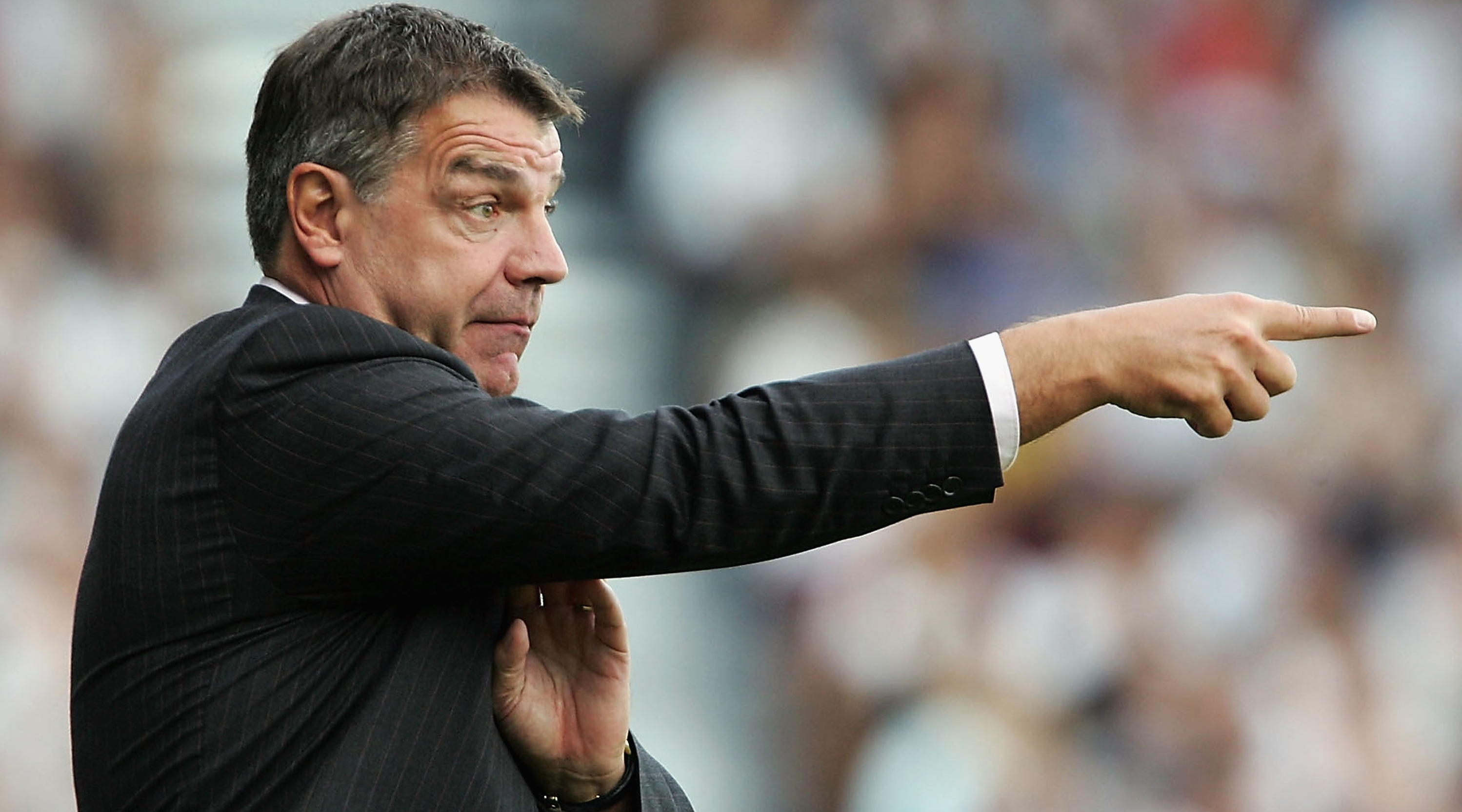
Paris. Milan. Bolton. No, Bruno N’Gotty didn’t bring the European catwalks to Lancashire; he did, however, usher in Bolton’s Galacticos-lite era. The newly-promoted Trotters had been top for six weeks, but were stuttering when Sam Allardyce snared former Scudetto winner Bruno. Bigger names followed – Fredi Bobic and 34-year-old world champion Youri Djorkaeff helped to secure safety.
That was just the start. Jay-Jay Okocha arrived to save Bolton with a final-day free-kick, before Ivan Campo, Fernando Hierro, El-Hadji Diouf, Hidetoshi Nakata and Nicolas Anelka all rocked up. The Allardyce formula blended stardust with grit: Kevin Davies found a home, while 37-year-old Gary Speed was an ever-present alongside Kevin Nolan. Bolton surged into Europe and a League Cup final; their Champions League dream ended when Allardyce quit with Wanderers in fifth
Middlesbrough, 1995-1997
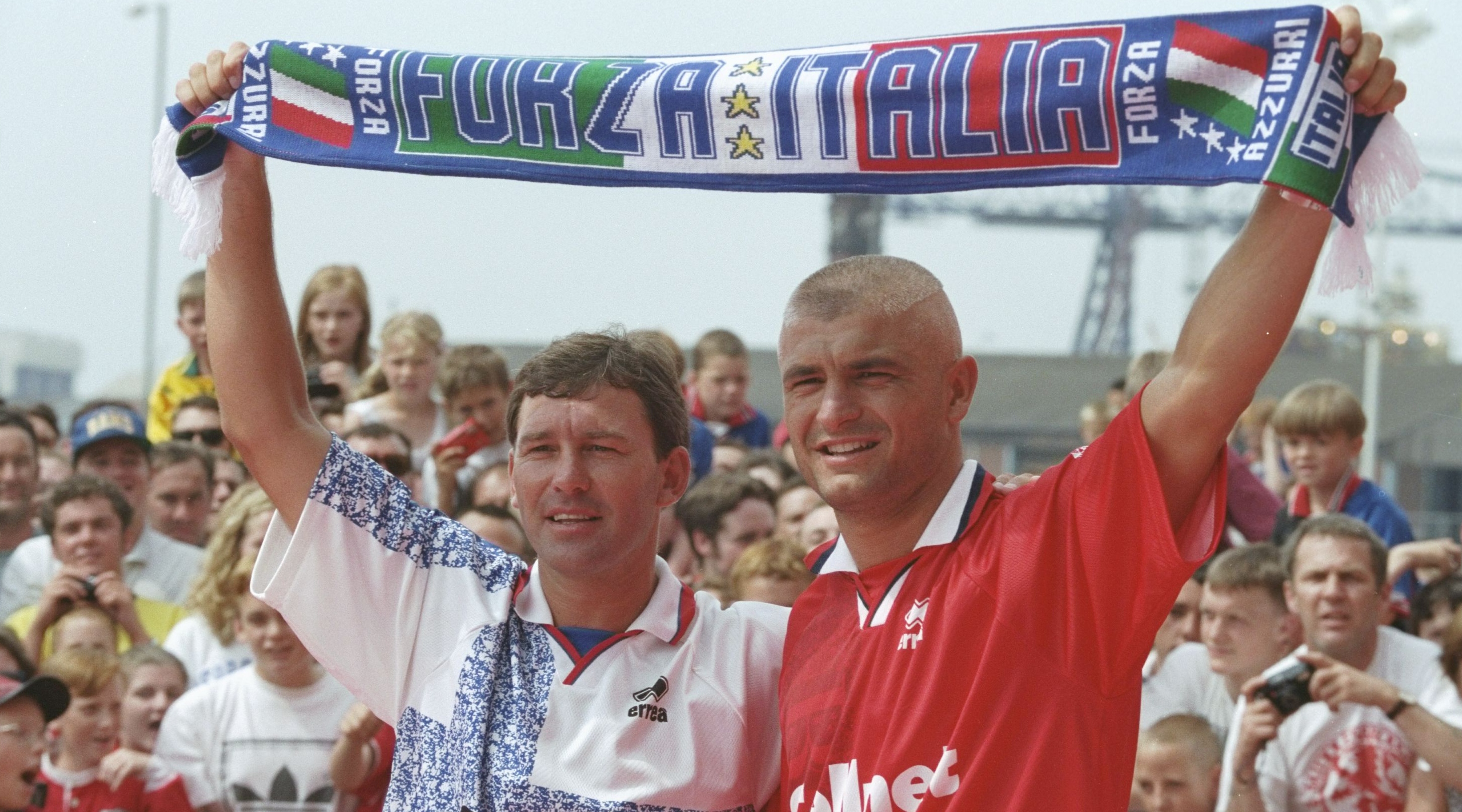
Bryan Robson’s promoted side had finished mid-table, then signed Fabrizio Ravanelli and Emerson to join Juninho. Surely they would kick on during 1996-97? On the opening day, Ravanelli – making his first club appearance since Juventus’ Champions League final win – hit a hat-trick as Boro drew with Liverpool.
The White Feather plundered 16 league goals and another 15 as Middlesbrough reached – then lost – the FA Cup and League Cup finals. Boro were sixth in September, so relegation was a sickener… literally. They’d postponed a December clash at Blackburn with Robson missing 23 players through illness; the resulting three-point deduction meant they finished 19th instead of 14th.
You don’t often see teams relegated and losing two finals while training in a prison and having two players scuffle before their club’s first ever FA Cup final. The game’s gone.
Wimbledon, 1992-1999
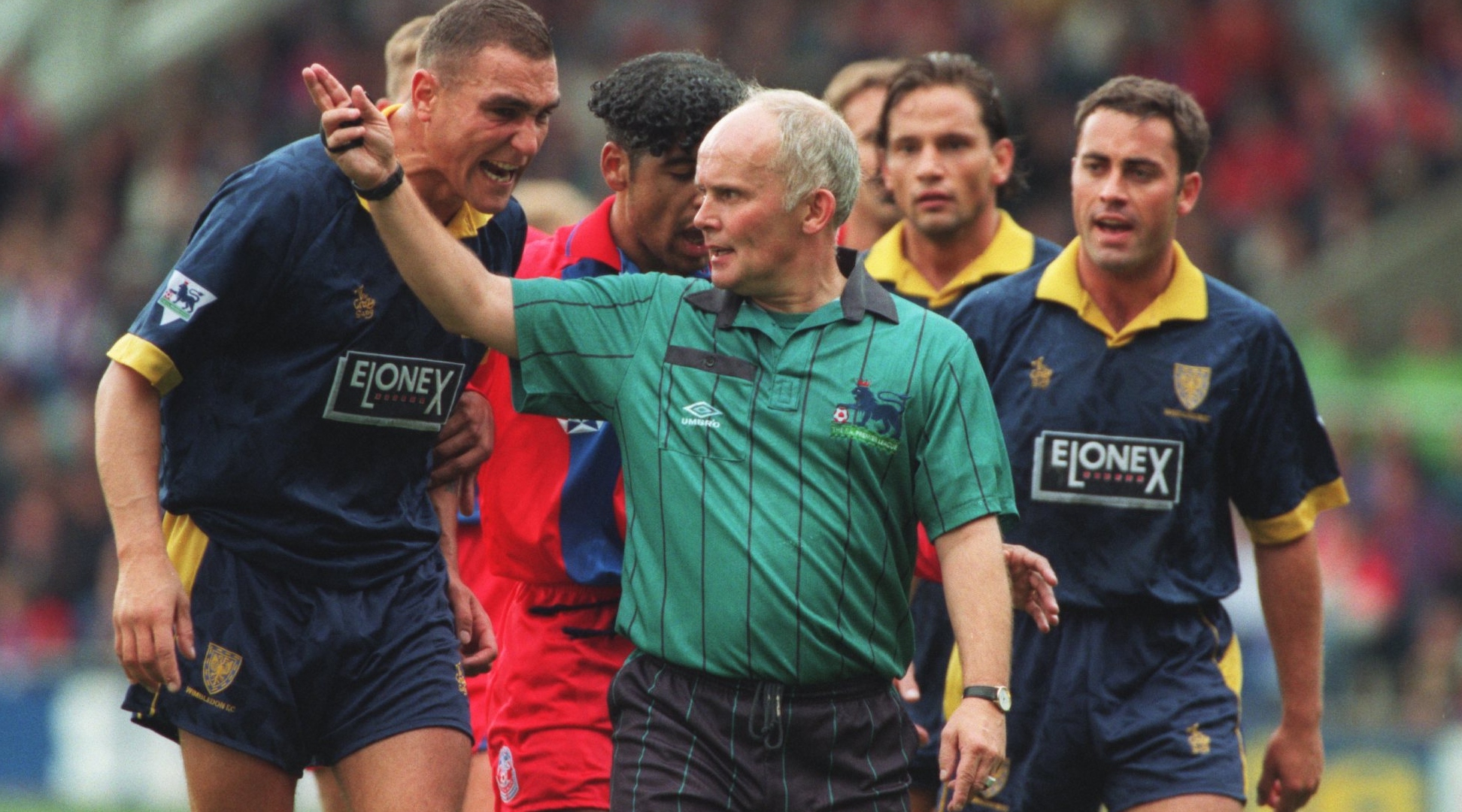
Four years after the Crazy Gang had beaten the Culture Club in the 1988 FA Cup Final at Wembley, Liverpool were much-changed and Wimbledon were still Bastard FC. Lawrie Sanchez and John Fashanu remained at the Dons; Vinnie Jones had returned; and Joe Kinnear held the leash.
In 1992-93, Wimbledon collected five red cards when no other team managed four. They also drew the Premier League’s lowest pre-COVID attendance when 3,036 people watched them face Everton at their adopted home of Selhurst Park. But here’s the twist: the next season, Wimbledon received no red cards and recorded the joint-highest finish (sixth) in their history. In 1996-97, they got to two semi-finals, went 19 games unbeaten and came an impressive eighth, while picking up the division’s fewest bookings. There’s a moral there somewhere.
Sunderland, 1999-2003
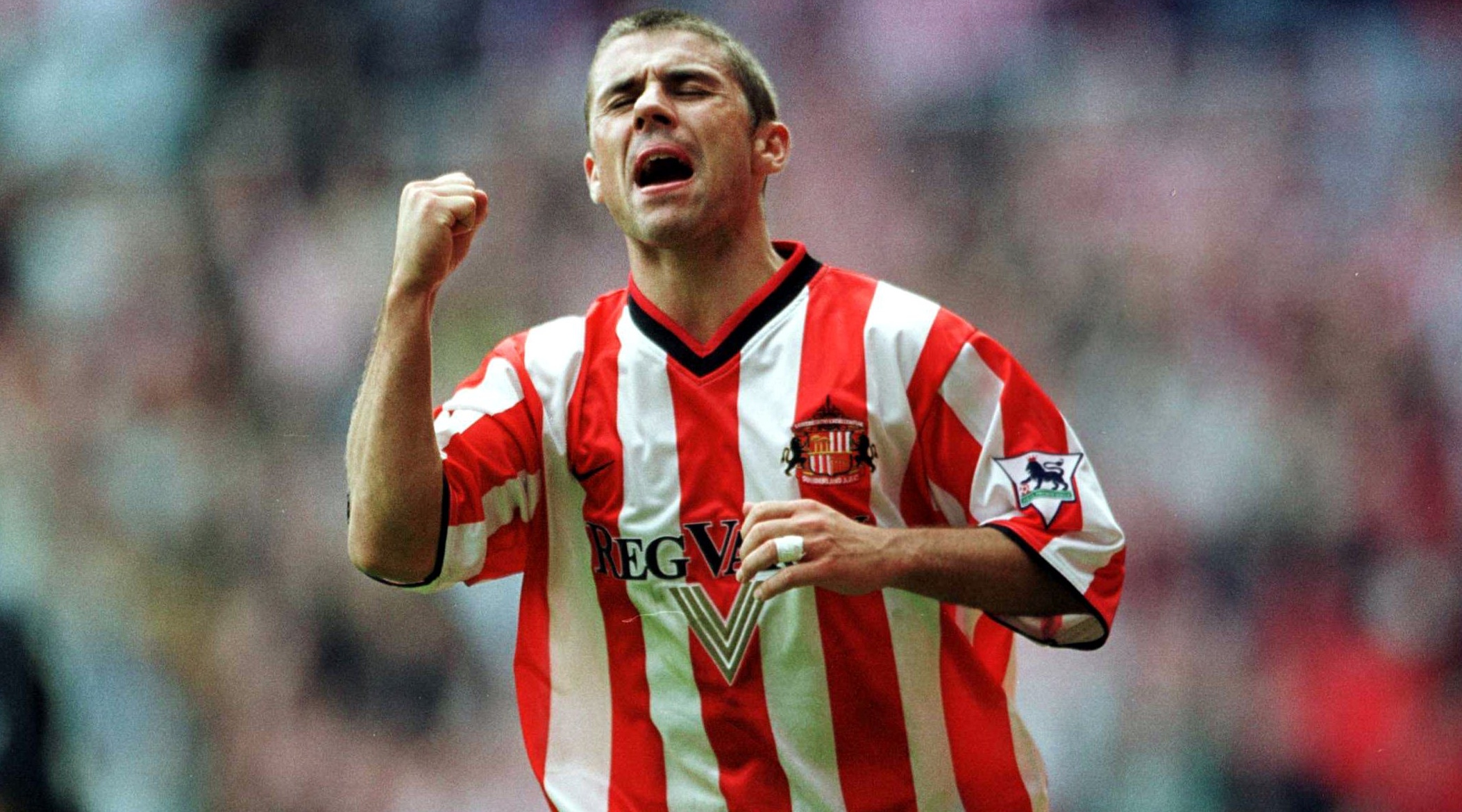
After romping to promotion with 105 points, Peter Reid’s Sunderland bought 30-year-old Stefan Schwarz for a club-record £3.75m on a contract stating no space travel. Kevin Phillips went stratospheric instead, scoring 30 goals in his first top-flight season to win the Golden Boot and European Golden Shoe.
Niall Quinn and Phillips combined to form the ultimate big-man-little-man partnership, and halfway through 1999-2000, Sunderland were sitting in the top three. Then came an 11-game winless run, echoed the following season as Sunderland again slipped from 3rd to 7th. This time, the Black Cats didn’t land on their feet. Finishes of 7th, 7th, 17th and 20th ended with a then-record lowest points tally of 19. Cheer up, Peter Reid.
Blackburn, 2004-2009
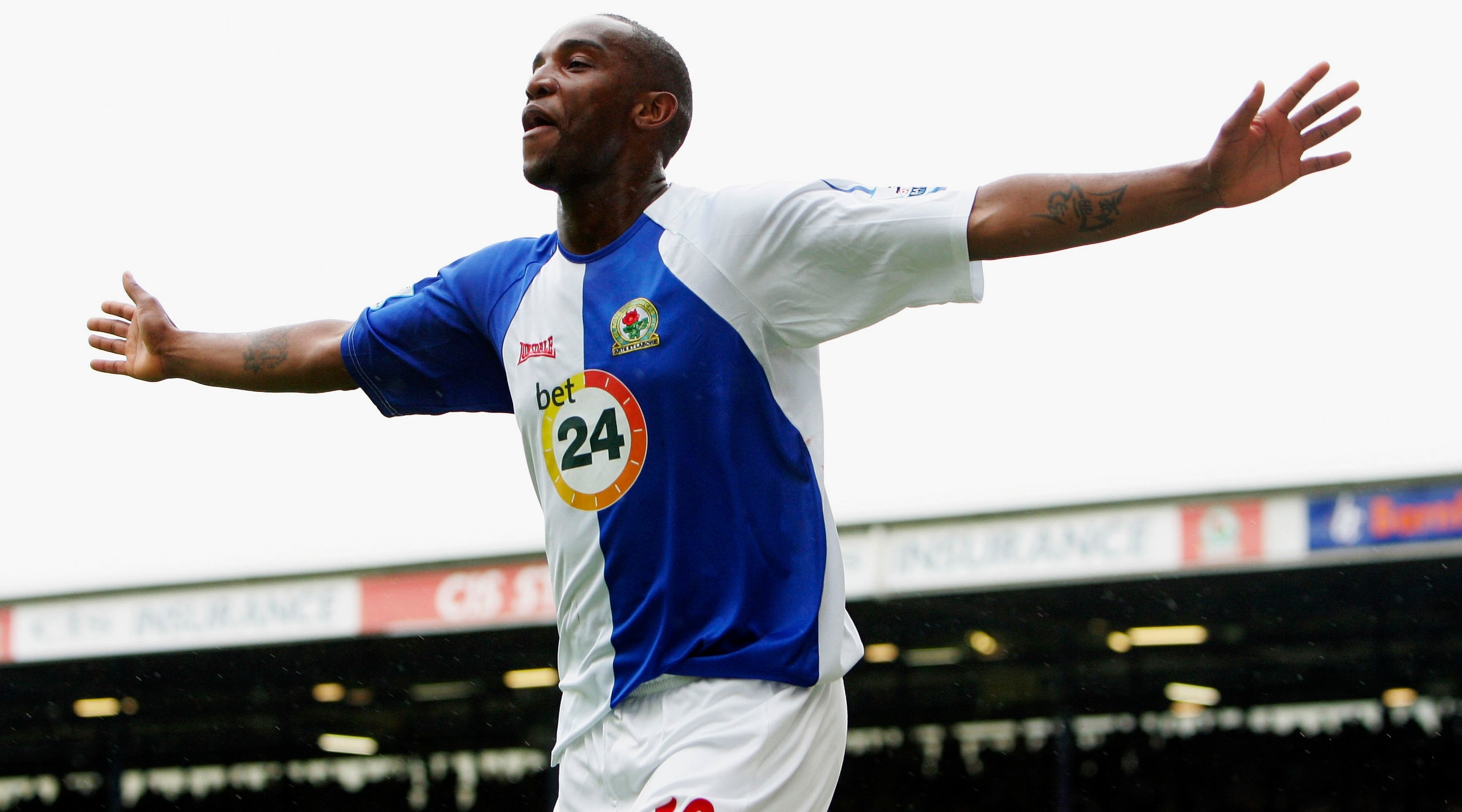
Mark Hughes brought Blackburn their first two FA Cup semi-finals in 40 years, as well as a League Cup semi-final and two UEFA Cup appearances. Yet his real legacy was a squad boasting some of the most respected players outside of the Big Four, as it was then.
Inspired arrivals included centre-backs Chris Samba and Ryan Nelsen – inexplicably good for a 27-year-old freebie from MLS – plus David Bentley and Stephen Warnock, who both picked up their first England caps. Leading the line, Benni McCarthy smashed 18 league goals in 2006-07, second only to Didier Drogba, before Roque Santa Cruz hit 19 in 2007-08 – none of them penalties. It wasn’t all sunshine: Hughes’ rowdy Rovers propped up the disciplinary table in all four of his seasons there, collecting 24 red cards.
Stoke, 2008-2013

Cult teams aren’t all glamour and hubris. Under Tony Pulis, Stoke recorded steady points tallies of 45, 47, 46 and 45 before a collapse to 42 triggered his departure.
Still, who’d have thought Andy Wilkinson would make more Premier League outings than Roberto Di Matteo? Or that Stoke’s wingers could be exhilarating? But Pulis’ Potters were defined by their savagery and set-pieces, particularly Rory Delap’s long throws. The video of someone Delap-ing to FIFA glory, complete with Sky Sports’ melodramatic Requiem For A Dream music, represents Stoke’s greatest achievement: inspiring a FIFA video that’s worth watching.
Huw was on the FourFourTwo staff from 2009 to 2015, ultimately as the magazine's Managing Editor, before becoming a freelancer and moving to Wales. As a writer, editor and tragic statto, he still contributes regularly to FFT in print and online, though as a match-going #WalesAway fan, he left a small chunk of his brain on one of many bus journeys across France in 2016.
